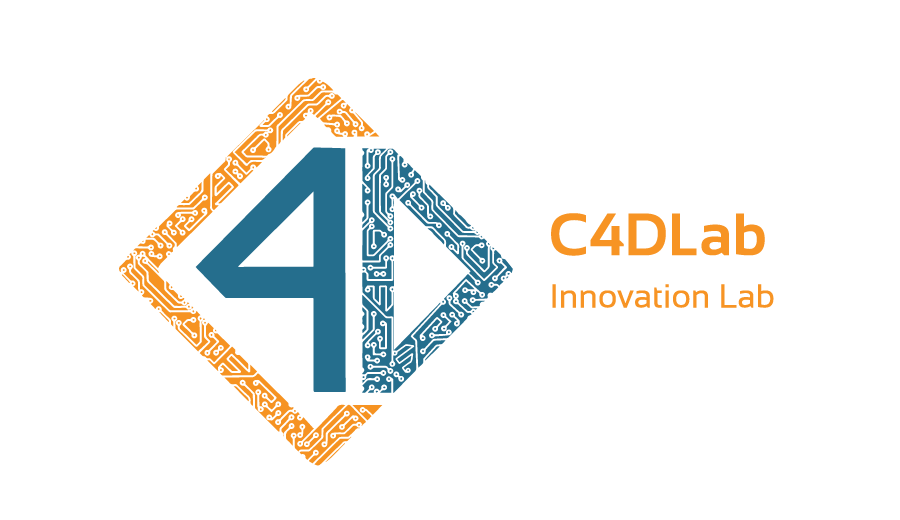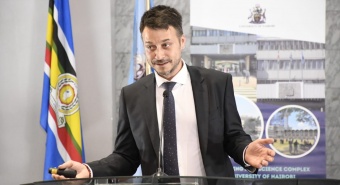Nairobi, Kenya – Just after Kenya officially launched its National Artificial Intelligence (AI) Strategy, the University of Nairobi (UoN) hosted an important discussion on April 1, 2025, to explore what’s next for AI in the country. The event, co-hosted with the French Embassy in Kenya and the French Development Agency (AfD), built on the global AI conversation from the Paris AI Action Summit in February 2025 and supports the development of UoN’s Engineering & Science Complex.
A major point that came up was the important role of universities. Institutions were encouraged to boost their AI research and development, especially focusing on creating local data to improve AI tools and make them more useful for Kenya.
Professor Timothy Waema, a member of the Committee on the Kenya AI Strategy and a Facuty Member at UoN, gave attendees insights into the national plan. He pointed out that Kenya is one of the few African countries with an official AI strategy, and he outlined its seven key areas:
- AI-Ready Digital Infrastructure
- Accessible, High-Quality Data
- AI Research and Innovation Hubs
- Developing AI Talent and Skills
- AI Governance Frameworks
- Securing Investments for AI Growth
- Ethics, Equity, and Inclusion in AI
To further the University’s commitment, Prof. Waema announced that UoN will launch a Master of Science (MSc) degree in Artificial Intelligence, starting in September 2025.
Professor Frederic Pascal, Director of the DATA AI Institute at Centrale Supelec’s L2S laboratory in France, shared an international perspective. He emphasized AI’s potential to greatly increase productivity and provide education to many people. However, he also warned about biases in AI systems and the need for careful implementation. Prof. Pascal praised Kenya for adopting its AI strategy, calling it a proactive step to use AI’s positive effects while providing important guidelines. He highlighted how important it is to give young people the skills they need for the changing job market in this digital age.
French Ambassador to Kenya, Arnaud Suquet, agreed, congratulating the country on its innovative AI strategy and predicting it would strengthen its leadership in Africa and across the globe.
Speaking for the Vice Chancellor, UoN’s Deputy Vice Chancellor for Academic Affairs, Prof. Ayub Gitau, confirmed the University’s leading position in AI and its alignment with national digitalization goals and the best use of AI.
Kenya’s Special Envoy on technology, H. E. Ambassador Philip Thigo, explained how AI and data can help solve major societal problems, leading to a more secure and successful Kenya. He mentioned the strategy’s focus on promoting AI in important sectors like agriculture, healthcare, urban development, manufacturing, education, and security, while also supporting local digital communities, such as the Silicon Savana and the University’s Innovation Park.
Despite the clear vision and excitement, a final panel discussion recognized that Kenya still has work to do to fully use AI’s potential. Panelists agreed on the need for ongoing and increased research.
This event at the University of Nairobi is an important step in turning Kenya’s AI strategy into real actions, showing the vital role of universities, international cooperation, and focused research in creating an AI-powered future for the country.


